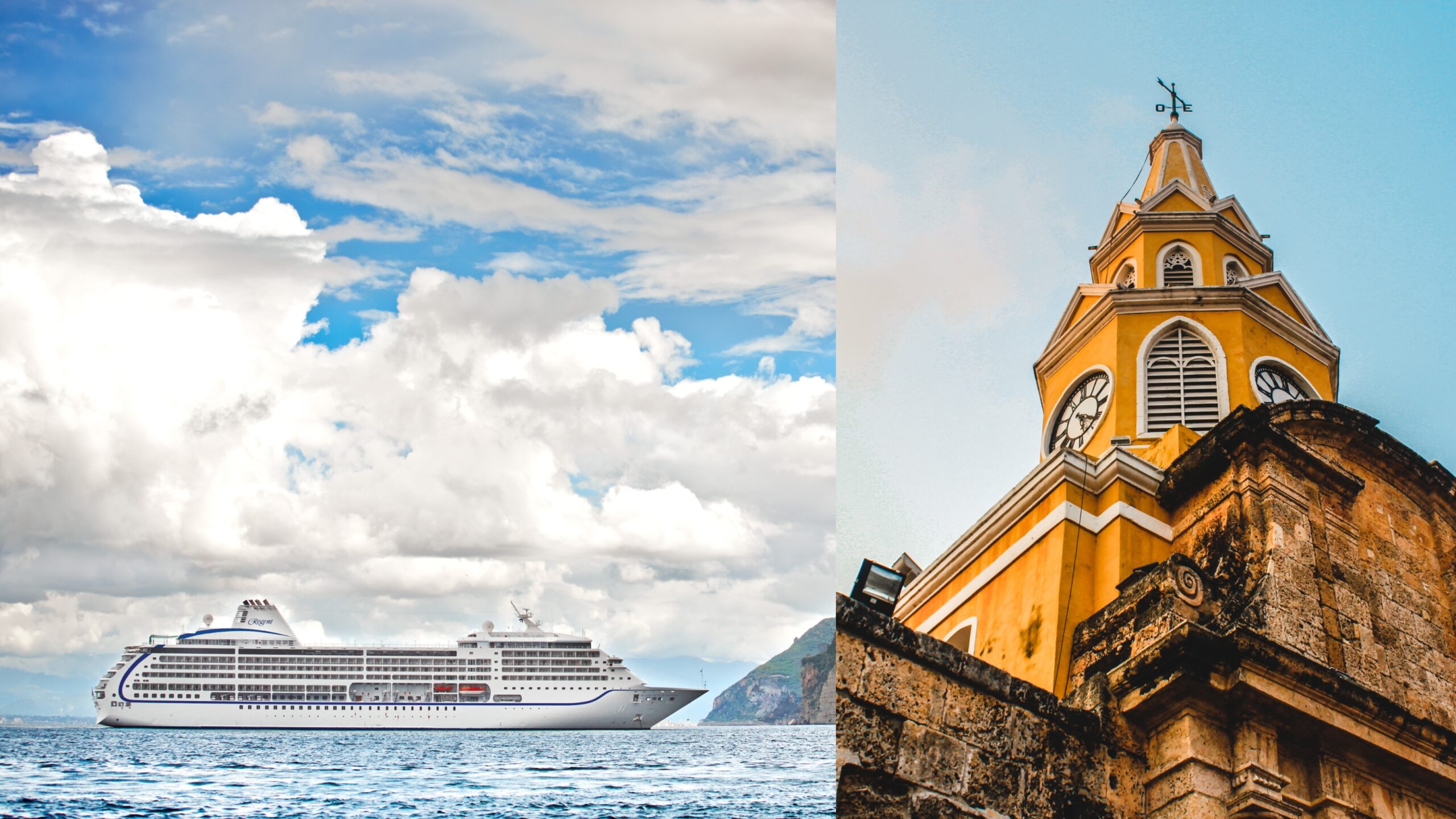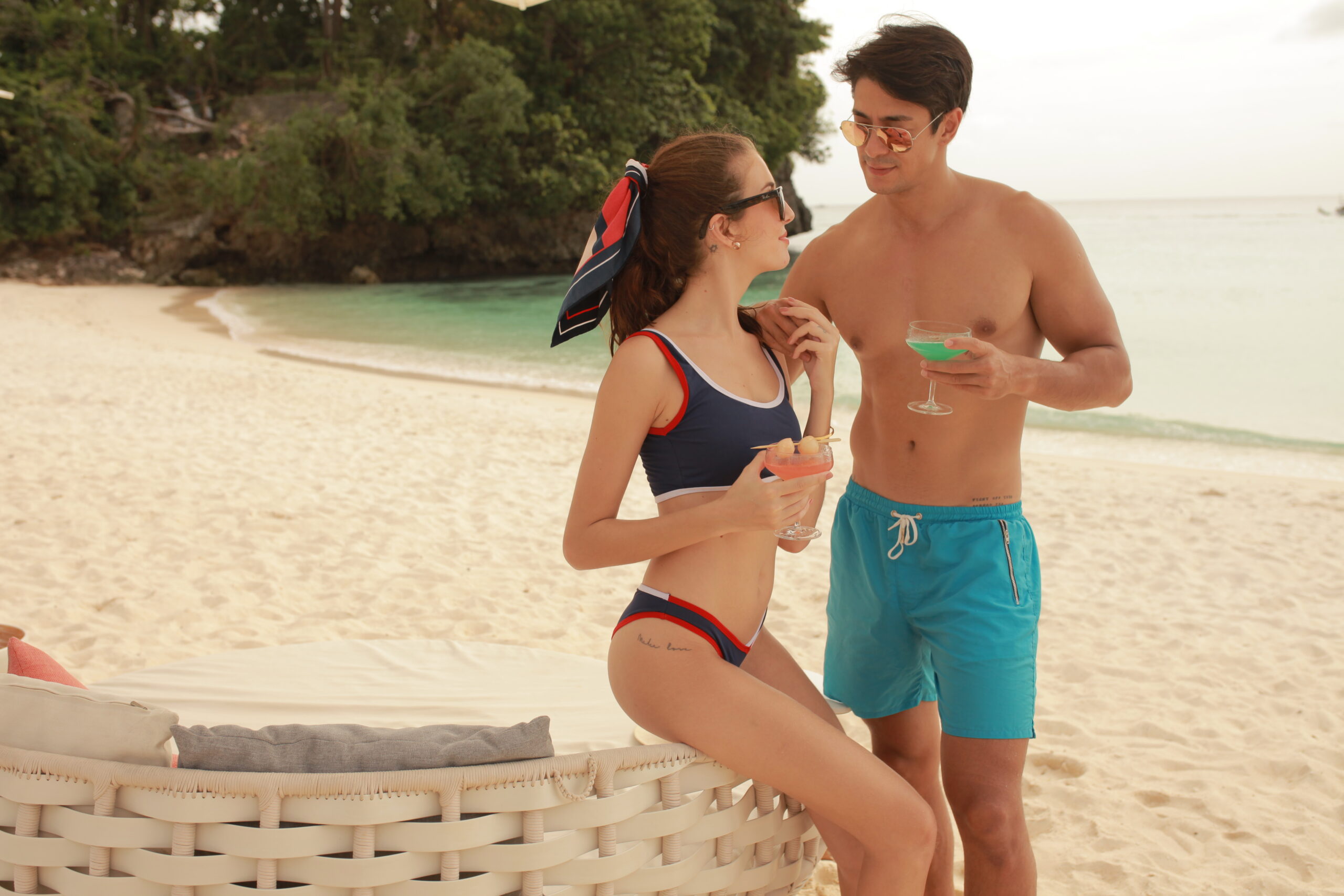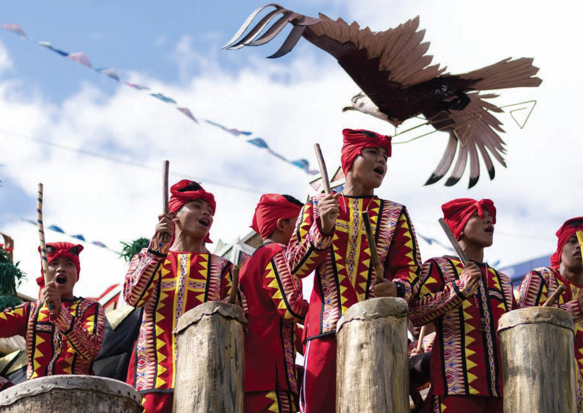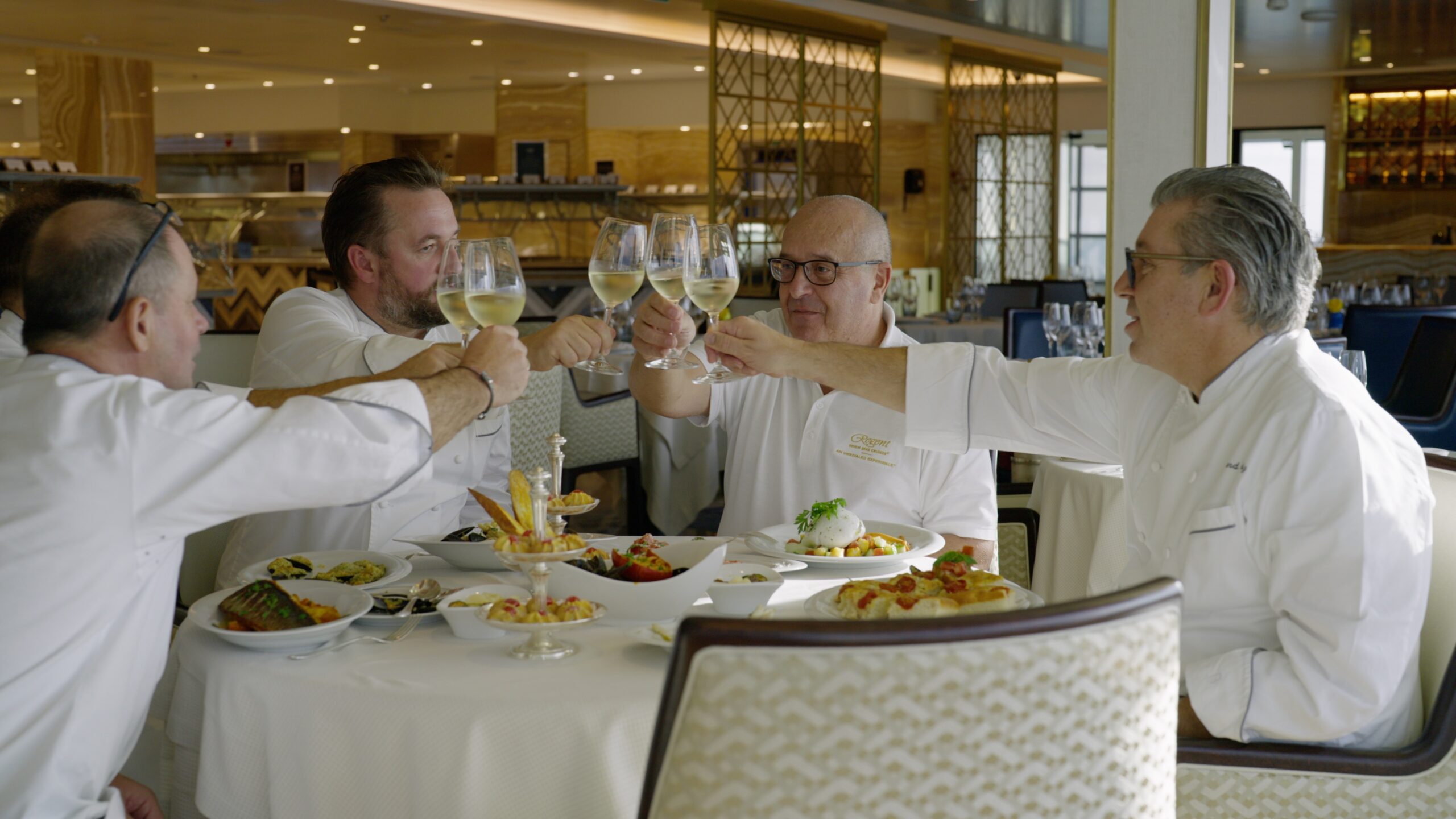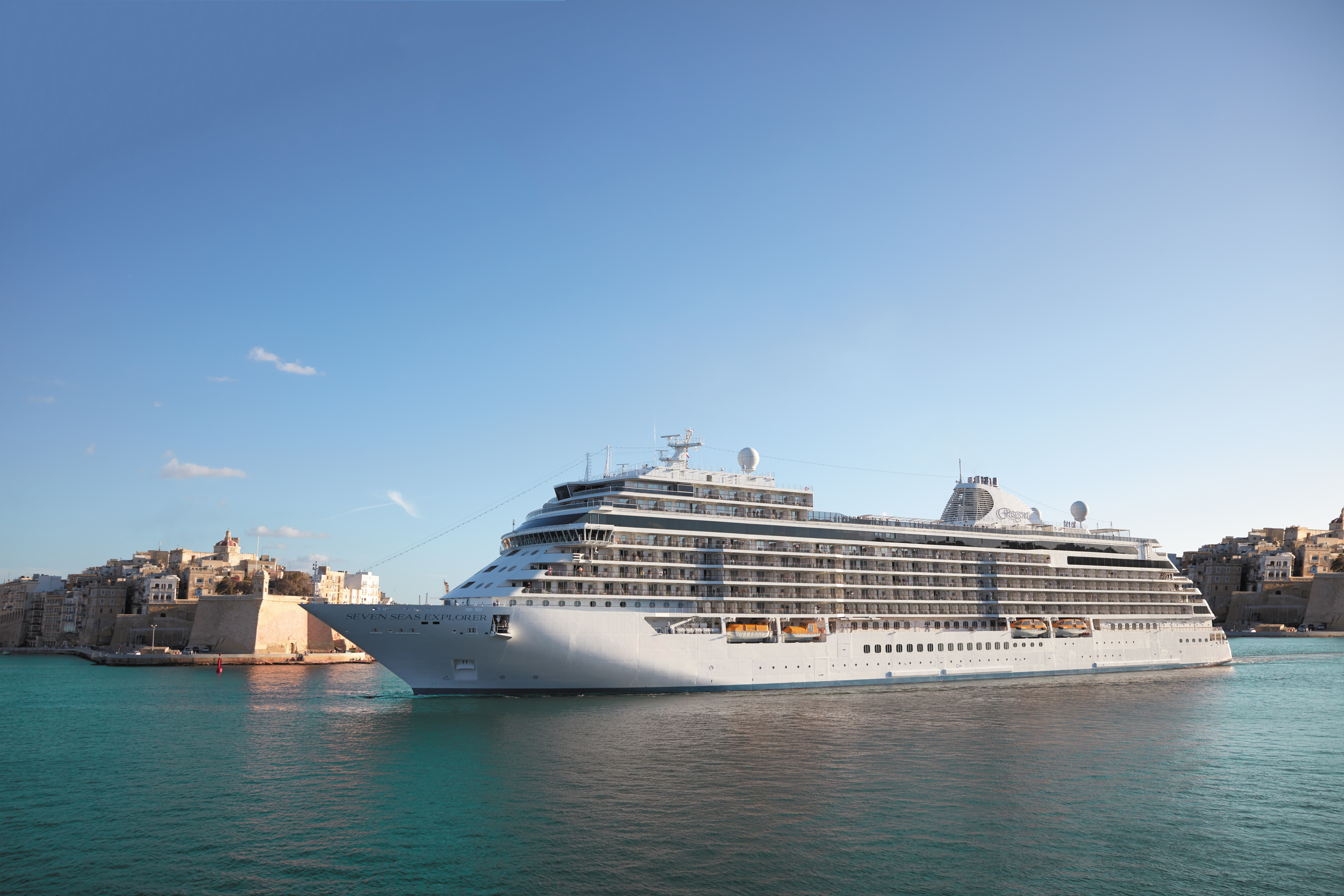“Behind the Design” and “Eco-Connect” Tours Available for Luxury Travellers Sailing from Summer 2022
Regent Seven Seas Cruises® has revealed two new shore excursion concepts to further enhance the immersive destination experiences for what the luxury cruise line is known for. The Behind the Design and Eco-Connect tours invite discerning travellers to explore destinations and landmarks from unique and original perspectives.
Behind the Design tours offer incredible insights about some of the world’s most captivating and brilliant architectural feats such as the Royal Library and the Blue Planet aquarium in Copenhagen, Denmark; the Equinor office building and the Munchmuseet in Oslo, Norway; and the La Villa Mediterranée and MUCEM in Marseille, France. There is a total of 10 Behind the Design tours for the initial launch, which is exclusive to European destinations in Europe’s summer season for 2022, with further international destinations expected to be announced later in the year. All offer special, little-known stories and information from knowledgeable guides about the inspiration, reasoning and genius that brought these marvels to life. Other Behind the Design tours being launched focus on sites in Barcelona, Spain; Belfast, Northern Ireland; Glasgow, Scotland; La Coruna, Spain; Lisbon, Portugal; and Sete, France.
Eco-Connect
With over 150 Eco-Connect toursto choose from around the world, guests can engage with local groups and businesses to learn about how they are working to conserve and sustain their surrounding environment. The tours, many of which provide an educational element, offer guests the opportunity to participate in a variety of experiences including sampling organic wine at a sustainable vineyard in Bordeaux, France; helping to create a paradise for sloths to roam in Puntarenas, Costa Rica; or gaining a new appreciation for the diverse flora and fauna around Hue, Vietnam on a hike through the beautiful Bach Ma National Park. Eco-Connect tours span the globe including a wide variety of destinations such as Africa, Alaska, Asia, Australia & New Zealand, the Caribbean, the Mediterranean, the Middle East, Northern Europe and South America.
“We understand that while our guests love the all-inclusive and superior service standards found on board our luxury fleet, their primary reason for travel is to discover and explore,” said Jason Montague, President and Chief Executive Officer, Regent Seven Seas Cruises. “That’s why our incredible destinations team has worked tirelessly over the last two years, creating unique and immersive ways to explore hundreds of destinations with completely fresh perspectives and unique experiences.”
“The new Behind the Design and Eco-Connect tours were created to offer experiences that even the most seasoned traveller has yet to enjoy,” stated Christine Manjencic, Vice President Destination Services, Regent Seven Seas Cruises. “We are immensely proud to add these two new touring concepts to our already varied portfolio of incredible destination experiences which include Unlimited Shore Excursions, Regent Choice Shore Excursions, Go Local tours, Gourmet Explorer tours and Wellness tours.”
For more information, please visit RSSC.com, call Singapore 800-616-7097 / Hong Kong and Rest of Asia 800-930222 or contact a professional travel advisor.
Behind the Design Tour Examples
Behind the Design: Copenhagen, Denmark
Royal Library & Blue Planet
Browse two radical, modernistic buildings with an architectural historian that will reveal little known facts about their extraordinary designs. The Black Diamond extension to the Royal Library is as revolutionary as it looks. The irregularly shaped monolithic prism is clad in black granite and leans toward the river to capture as much natural light as possible. The building’s significant tilt, wave-like balconies and expanding form as it rises from bottom to top presented a slew of design challenges that the guide will explain. TheBlue Planet may be even more striking as it is the largest aquarium in Europe and resembles a giant whirlpool – a design inspired by the shape of water in endless motion. The building’s exterior is covered in aluminium panels that are reminiscent of fish scales, while the interior curved ceiling evokes images of the baleens of a massive whale. The guide will further elaborate on the technological challenges from constructing the Blue Planet seaside.
Behind the Design: Oslo, Norway
Equinor & Munchmuseet
Discover how two extraordinarily modern buildings have transformed Oslo’s skyline and pushed the boundaries of design. An architectural historian guide will elaborate on the buildings’ advanced technologies and present a rare insider’s perspective of their construction. The iconic Equinor office building consists of five separate rectangular modules stacked on top of each other at different angles, all to optimise daylight and views. Guests will also learn fascinating details about how the atrium’s propeller-shaped glass roof was designed to withstand months of extra weight from snow. Similarly, climate conditions influenced the design of the Munchmuseet, a 13-story museum dedicated to the works of Norwegian artist Edvard Munch. It is constructed with low-carbon concrete and aluminium cladding that reflects harsh sunlight and is cooled with seawater. The top of the building intentionally tips forward as if bowing to Oslo in homage.
Behind the Design: Marseille, France
La Villa Mediterranée & MUCEM
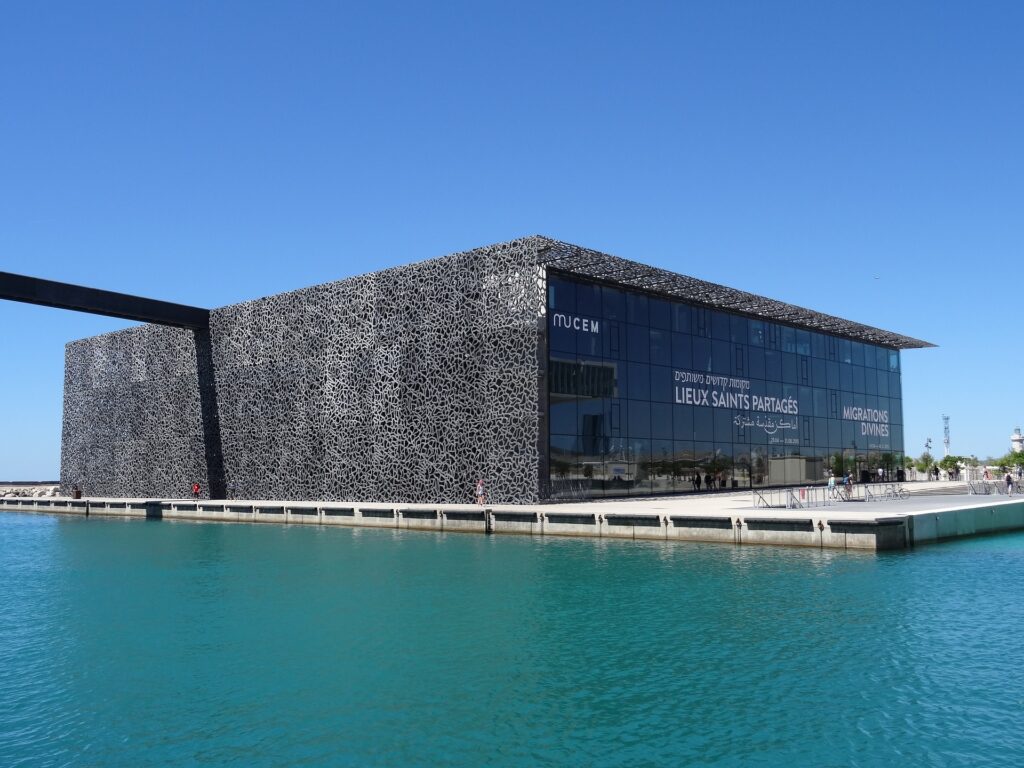
Gain an insider’s understanding of the challenges in building two avant-garde landmarks by touring them with an architectural historian. Perched along the waterfront, La Villa Mediterranée was designed to embody Marseille’s deep bond with the sea. Instantly recognised for its prominent cantilevered overhang, this three-level public space also features a conference centre with portholes beneath the sea. As guests will discover, that lower floor presented all sorts of unusual circumstances that pushed the boundaries of architecture. The building faces MUCEM, a national museum devoted to Mediterranean civilizations. Its audacious design includes elements such as tree-like columns, a lacy façade that resembles a fishnet and a slender footbridge that connects it to the towering ramparts of Fort St. Jean. The square-within-a-square shape of MUCEM is classical in one sense but radically different because of the building materials. The concrete filigree that shields much of the structure is particularly stunning.
Eco-Connect Tour Examples
Bordeaux Wines and Sustainability: Bordeaux, France
On this Eco-Connect tour guests will discover how converting to biodynamic and organic farming has further elevated the quality of the esteemed wines at Château de La Dauphine. The first vineyards in the Fronsac region of Bordeaux were planted about 2,000 years ago, so this appellation has a long-distinguished history. Even so, in 2015 the new owners of Château de La Dauphine sought to improve its wines by adopting sustainable biodynamic practices that go far beyond organic pesticide-free agricultural methods. Biodynamic farming takes a holistic, ethical approach that follows the harmonious cycles of nature, specifically the movement of the moon and planets. As guests tour the vineyards, they will learn more about biodynamics and how it affects the terroir and the taste of the wines. The sampling that follows will lend even more insight. The exact wines will be chosen on arrival, but will likely include an elegant, deep-scarlet Merlot.
A Sloth Paradise – Give Back to Nature: Puntarenas, Costa Rica

Visiting a sanctuary for sloths that have been orphaned or injured or lost their habitat due to deforestation, guests will have a close-up look at the animals as they are rehabilitated in hopes of returning them to the wild. Sloths are the world’s slowest animals and spend nearly all-day hanging upside down in trees, rarely travelling more than 38 metres. If their habitat is disturbed or destroyed, the sloths are at great risk. Guests can expect to observe baby sloths and plenty of adults in various stages of rehabilitation. The guide will describe the habits of sloths in the wild and how they easily adapt to the sanctuary environment that replicates a tropical forest. Deforestation is one of the biggest threats to sloths, so to help their cause, travellers may plant a tree in a nearby forest reserve.
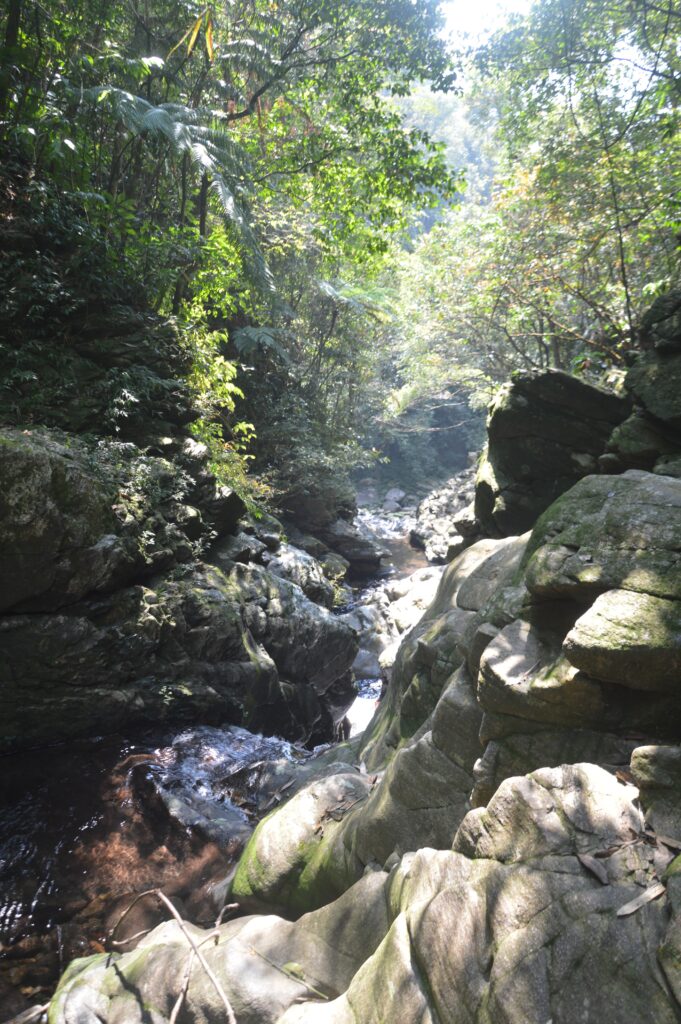
Bach Ma National Park Eco-System: Hue, Vietnam
Guests can hike through Bach Ma National Park with a naturalist who will point out and describe the remarkably diverse flora and fauna. As an introduction to the natural wonders, guests will first browse the exhibits in the visitor centre, which detail the park’s mountainous topography. Bach Ma means “white horse,” a reference to the clouds that ride the wind around the granite summit. As the trail ascends, the forest will become denser and the air cooler. Although the ruins of homes that the colonial French built to escape the summer heat are still visible, most every other sight will be natural. Birds are abundant, including red-headed trogons and scarlet minivets, which are easy to spot because of their bright colouring. A fifth of all the plant species found in Vietnam flourish in the park, and rare orchids may be seen. The summit will afford panoramic views of the mountains, Tam Giang lagoon and Hue.







